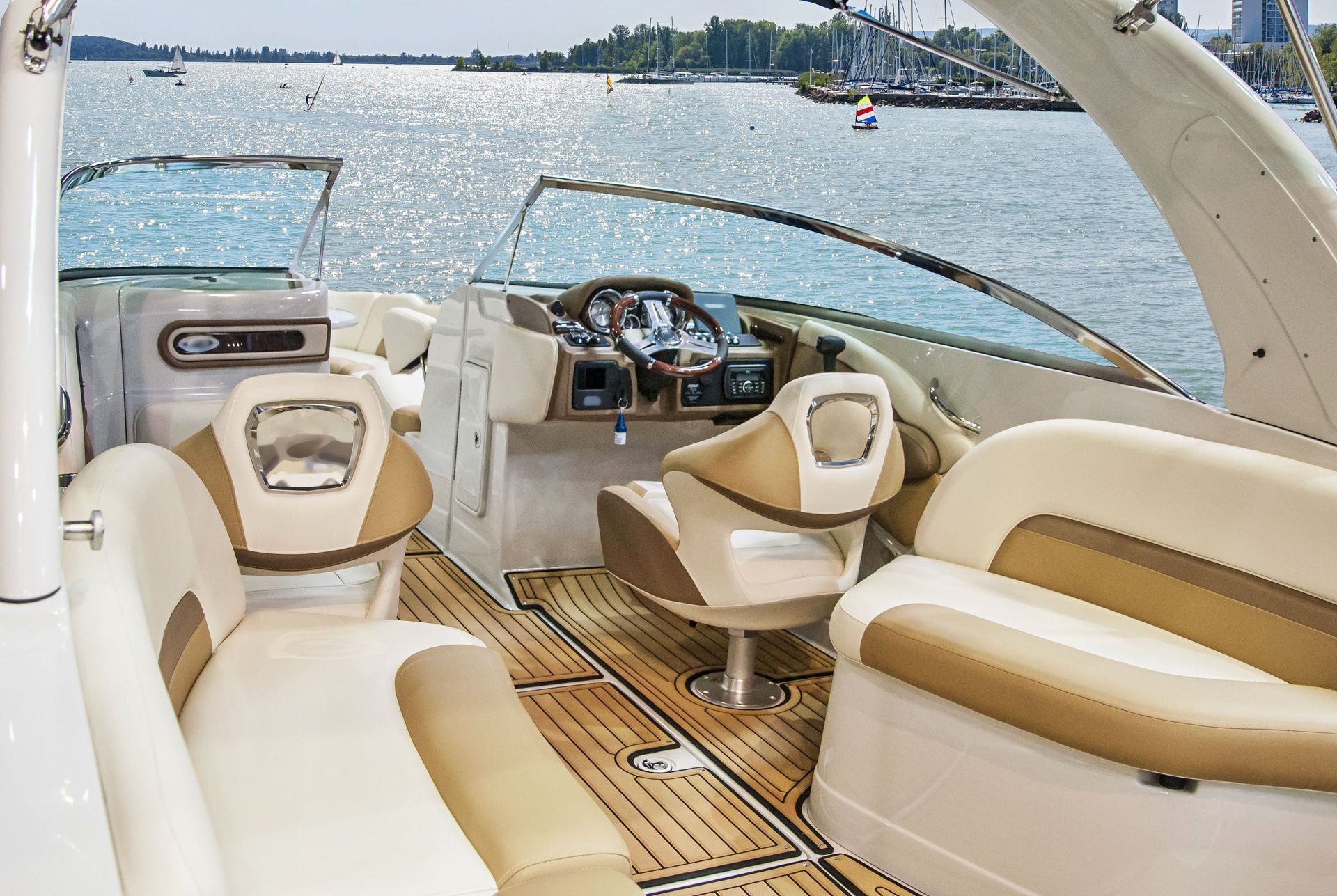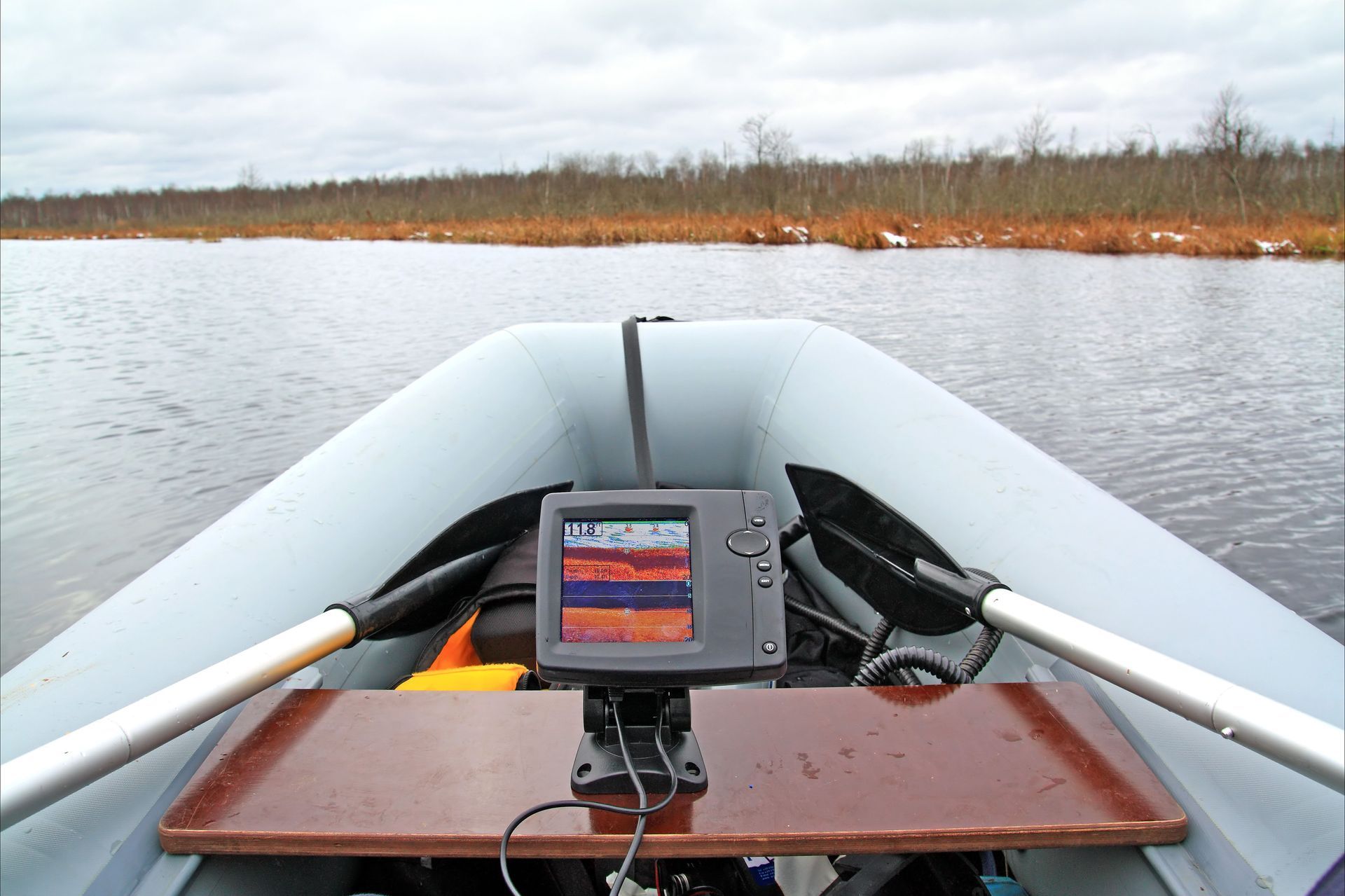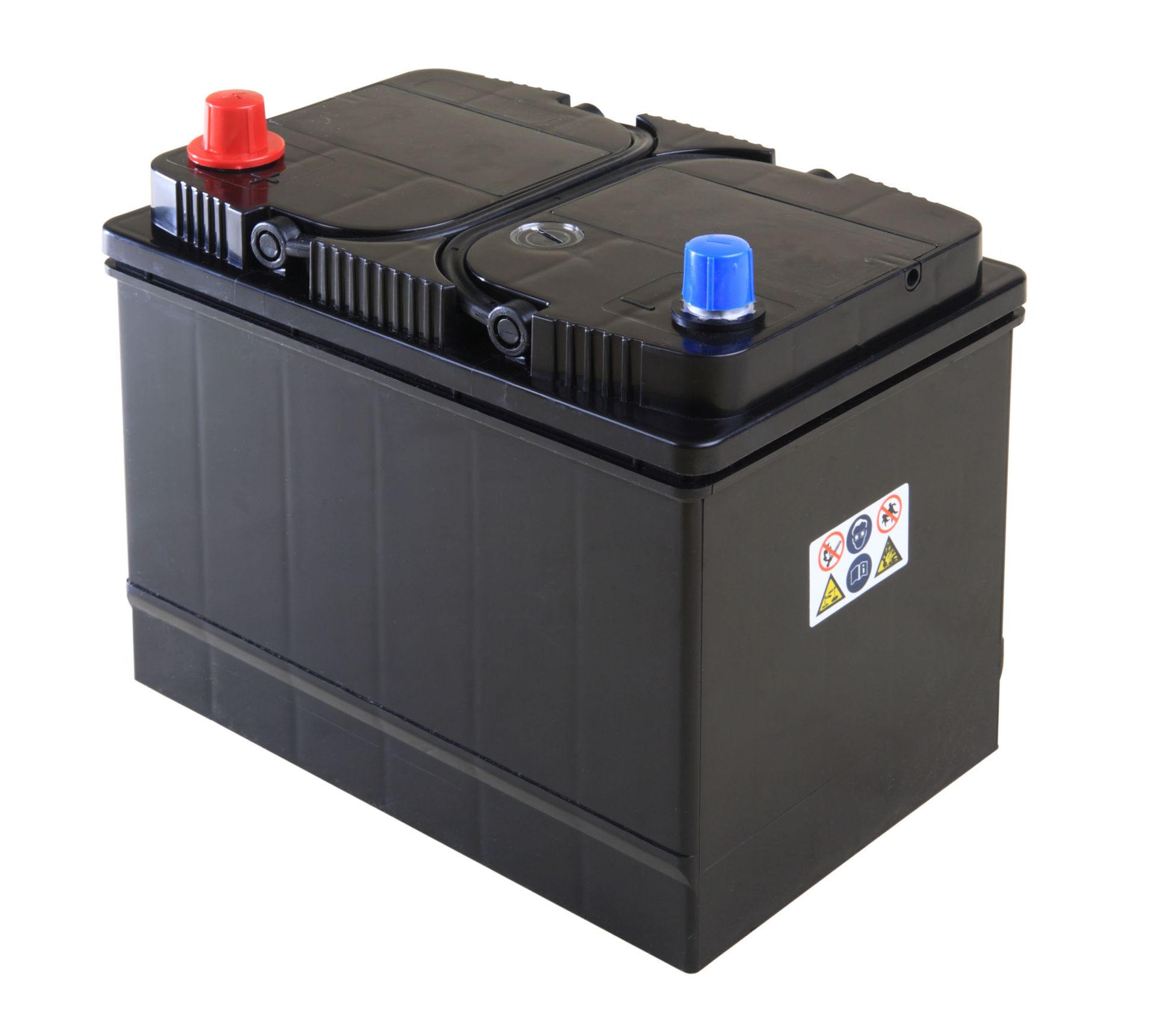5 Questions to Ask When Buying Marine Batteries
Choosing the right marine batteries can significantly impact your boating experience. Whether you're a seasoned mariner or a casual sailor, your power source matters. With various types and features available, making an informed decision ensures reliability when you're out on the water. Here are the essential questions you should ask before purchasing a marine battery.
1. What Type of Battery Do I Need?
Marine batteries come in different types, such as lead-acid, AGM (absorbent glass mat), and lithium-ion, each offering unique advantages and drawbacks. Lead-acid batteries are the most traditional option and are generally more affordable, but require regular maintenance and have a shorter lifespan. AGM batteries improve on this by being maintenance-free and offering better resistance to vibration and rough marine conditions.
Lithium-ion batteries stand out for their lightweight design, long lifespan, and fast charging capabilities, though they come at a higher cost. These features make them ideal for boaters who prioritize performance and efficiency. Understanding your power needs, maintenance preferences, and budget will help you choose the battery type that best fits your vessel and usage.
2. How Much Capacity Will I Require?
Battery capacity, often measured in amp-hours (Ah), determines how long your systems can operate before recharging. Lower capacity batteries may be sufficient for leisure boating or short day trips to meet your needs. However, longer voyages or overnight stays typically require higher capacity marine batteries to support extended energy use.
To choose the right battery, evaluate your energy consumption by accounting for all electronic devices and onboard systems, such as navigation equipment, lighting, and refrigeration. Understanding your power requirements helps prevent unexpected outages and ensures your trip goes smoothly. Proper planning ensures you're not left stranded due to insufficient battery capacity.
3. What Are the Physical Dimensions and Weight?
Space and weight are crucial considerations in marine settings, where balance and distribution affect vessel performance. Before purchasing, measure the space where the battery will be installed and ensure the dimensions fit. Weight can also impact fuel consumption and stability, so choose a battery that maximizes space efficiency without compromising weight distribution. Proper planning here will prevent logistical challenges later on.
4. How Durable and Reliable Is the Battery?
Your marine batteries should withstand various environmental conditions, including humidity, vibration, and temperature extremes. These factors can significantly impact battery performance and longevity, especially during extended trips or in harsh marine environments. Before investing, it's essential to research the durability and reliability of different types of marine batteries to find one suited to your boating needs. Opting for a battery designed for rugged use can help ensure consistent performance and reduce the risk of unexpected failures.
According to Research and Markets, the marine battery market grew from $559.63 million in 2023 to $626.67 million in 2024 and is expected to continue growing. This growth highlights the increasing demand for robust and high-quality solutions as more people prioritize dependable energy solutions on the water. Quality and reliability are not just about convenience - they directly affect your safety and comfort while boating. Investing in a well-built battery from a reputable manufacturer can offer peace of mind and enhance your overall marine experience.
5. What Is the Battery's Lifespan and Warranty?
Lifespan varies significantly between battery types and manufacturers, making it important to understand your options before purchasing. Lithium-ion batteries typically offer a longer lifespan than traditional lead-acid batteries, making them more cost-effective despite their higher initial price. This extended durability often translates into fewer replacements and lower maintenance costs. However, not all lithium-ion batteries are created equal, so comparing specifications and reviews among different brands is wise.
In addition to performance, you should always check the manufacturer's warranty when evaluating a battery. A strong warranty provides peace of mind by covering potential defects or early failures, which can save you money and hassle down the line. It's also a good indicator of the manufacturer's confidence in the quality and longevity of their product. Choosing a battery backed by a solid warranty helps protect your investment for the long term.
Buying marine batteries involves carefully considering several factors, each vital to the optimal functioning of your nautical adventures. Asking the right questions ensures that you make an informed purchase and extend the enjoyment and safety of your experiences on the water. As the marine battery market grows, take advantage of the advancements and call Jefferson Battery Co Inc to find the battery that best fits your needs.










Share On: